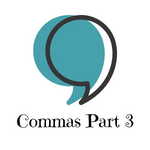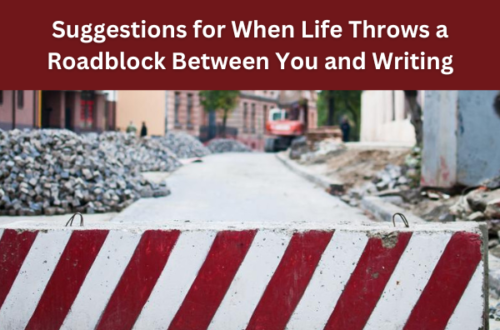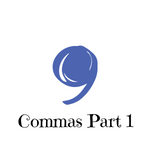-
Commas Part 3
Commas cause confusion. I think we can all agree on that. It doesn’t matter if we write fiction, nonfiction, articles, blogs, or news stories. Even English teachers sometimes struggle. And while the comma may be a tiny piece of punctuation, it does pack a pretty powerful punch. Using commas incorrectly can mess up more than just your grammar. It can play with the meaning and context of your message. Of what you’re trying to say. Think of your page as a road. Commas in the wrong places become speedbumps that slow down the ride. But commas in the right places pave the way for a clear, smooth ride. So let’s…
-
To Comma, or Not To Comma (Part 2)
Welcome to comma central, where we’re talking about all things comma. Among most writers, you’ll find a consensus when it comes to this tiny, ambiguous mark. They don’t like it. It’s too confusing. When do you use it? Where do you use it? Why do you use it? And who even cares, really? Trust me, as a writer, you do! So let’s get back to answering the question, to comma, or not to comma? If you missed Part 1, check it out here. To Comma, or Not to Comma. In this section, we’ll cover es, sential and nonessential information in a sentence and how that plays into when and where you add in commas or leave…
-
To Comma, or Not To Comma (Part 1)
The comma. It’s a scrappy little mark—that’s often the bane of an author’s writerly existence. With every clause, the question becomes, to comma, or not to comma? As an editor, I’ve had quite a few clients tell me they tend to stick commas in wherever they “sound” like they should go. It’s a trend you’ll find even in professionally published manuscripts. My inner editor always wants to post a warning on these books. Caution: Be on the Lookout for Random Raining Commas Ahead. On the flip side, I’ve had other clients tell me they have no idea where commas belong. So, they don’t use any. I’d post this warning on those…




